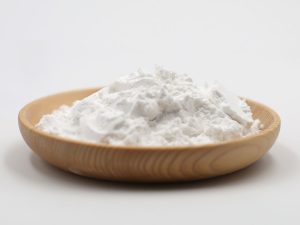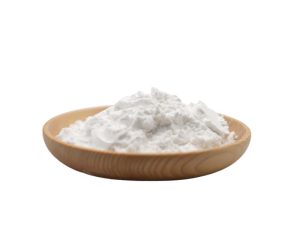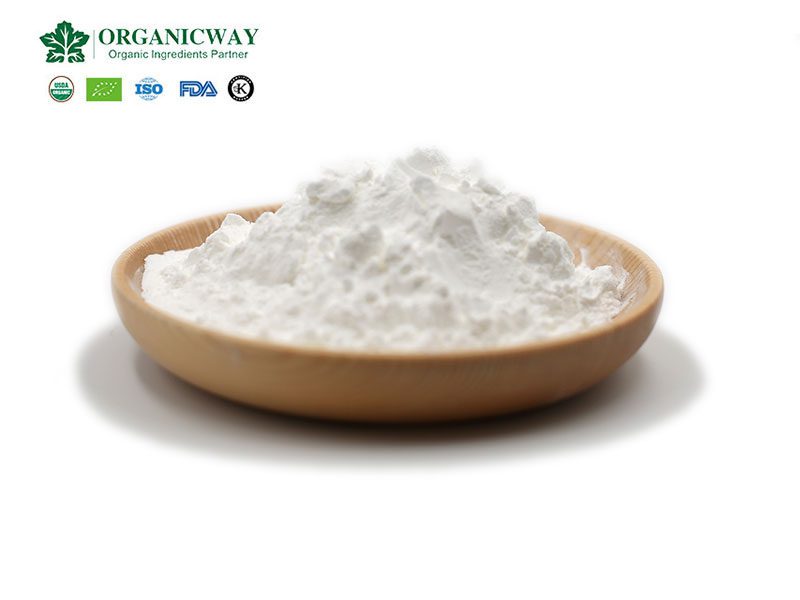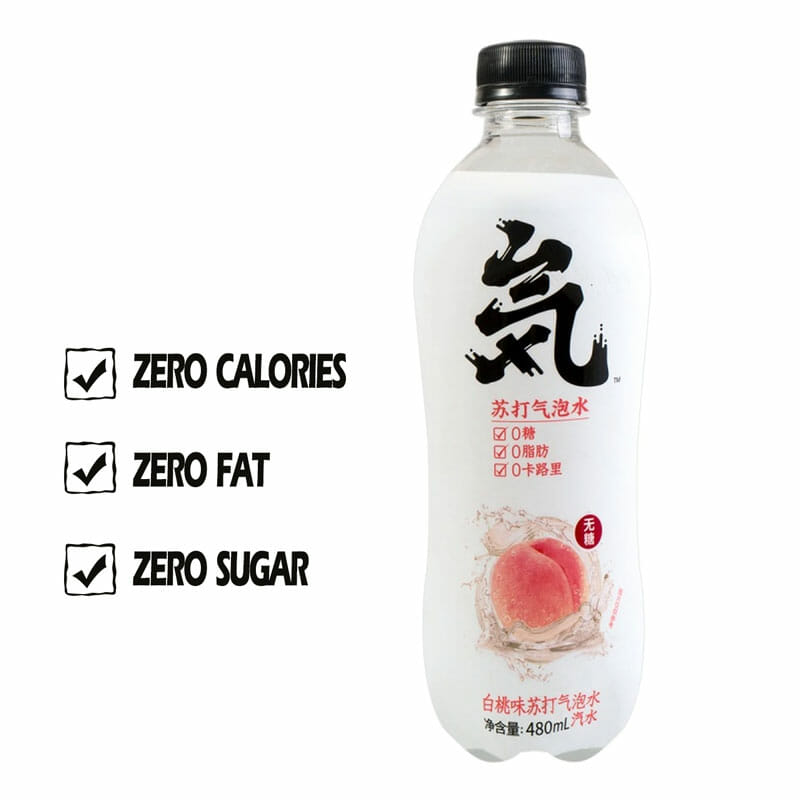Table of Contents
When it comes to gluten-free cooking or clean-label formulations, organic cornstarch and organic potato starch are pantry staples. But which one truly deserves a spot in your health-conscious kitchen? Let’s break down their nutritional profiles, benefits, and best uses to help you decide.
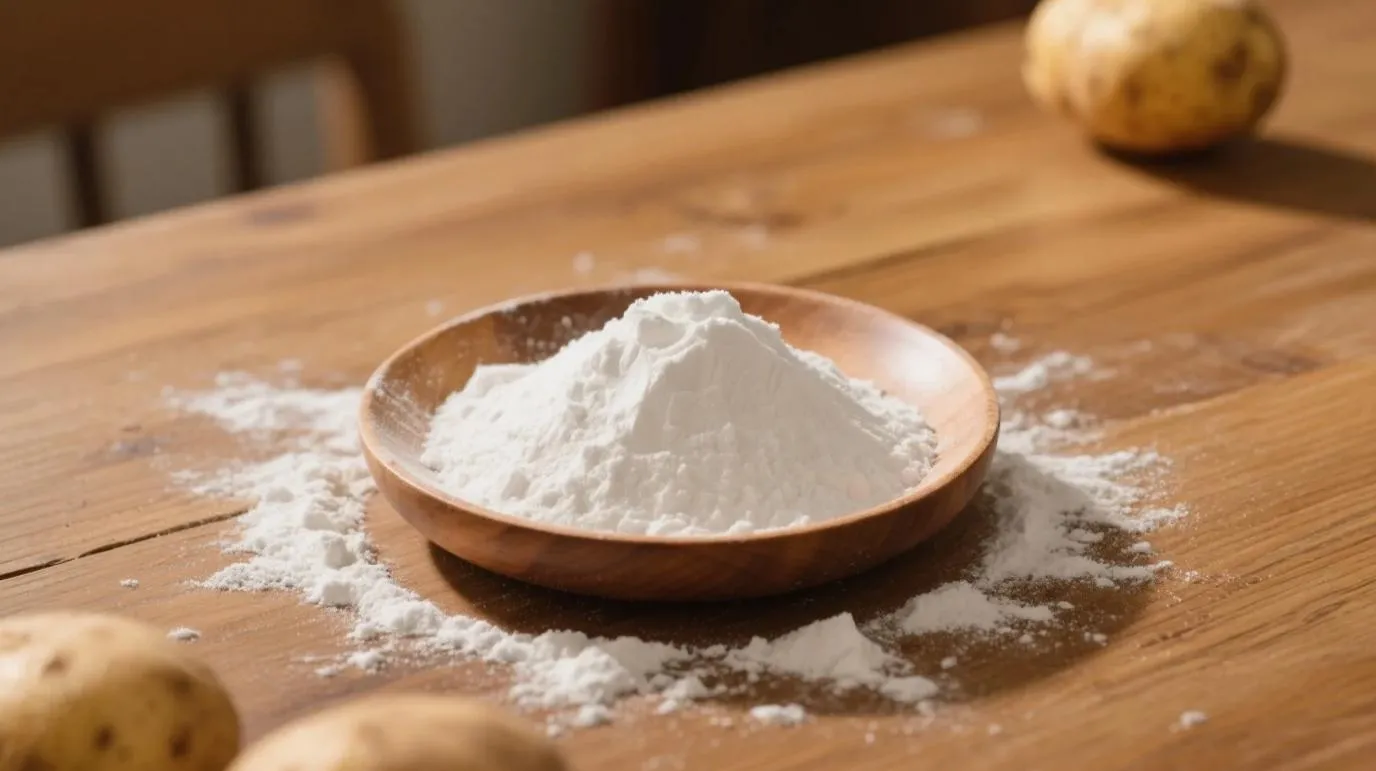
Round 1: Nutritional Face-Off
- Glycemic Index (GI):
- Organic Cornstarch: High GI (~85-95) – Rapidly spikes blood sugar, making it less ideal for diabetics.
- Organic Potato Starch: Moderate GI (~65-75) – Contains resistant starch (up to 8%), which slows glucose absorption and feeds gut-friendly bacteria.
- Nutrient Density:
- Cornstarch: Nearly pure carbohydrate (≈99% starch) with minimal vitamins/minerals.
- Potato Starch: Traces of potassium, iron, and magnesium – slightly more nutrient-dense.
- Digestive Friendliness:
- Cornstarch: May cause bloating in sensitive individuals (high amylopectin content).
- Potato Starch: Resistant starch acts as a prebiotic, supporting gut health and reducing inflammation.
Winner: Potato starch edges out for low-GI and gut health benefits.
Round 2: Functional Benefits
- Culinary Performance:
- Cornstarch: Thickens quickly at low temps, ideal for sauces and gravies. Breaks down at high heat.
- Potato Starch: Heat-stable (up to 160°C/320°F), perfect for baking and frying. Creates glossy, smooth textures.
- Dietary Flexibility:
- Both are gluten-free, vegan, and non-GMO. However, cornstarch may trigger corn allergies.
- Weight Management:
- Potato Starch: Resistant starch reduces calorie absorption (≈2 kcal/g vs. 4 kcal/g for cornstarch).
Winner: Potato starch for versatility, but cornstarch excels in quick thickening.
When to Choose Which?
- Pick Organic Cornstarch If:
- You need instant thickening for soups or custards.
- Budget-friendly options are a priority.
- Opt for Organic Potato Starch If:
- You’re managing blood sugar or gut health.
- Baking gluten-free breads or frying crispy foods.
The Verdict
While organic potato starch takes the health crown for its prebiotic benefits and lower glycemic impact, organic cornstarch remains a kitchen hero for quick fixes. Your choice depends on your health goals and recipe needs.
Pro Tip: For maximum benefits, try blending both! Use potato starch for slow-carb recipes and cornstarch for sauces.
Ready to Experiment?
Explore our certified organic cornstarch and potato starch – sustainably sourced, lab-tested, and perfect for guilt-free cooking. [Contact us] for free samples and recipes!
Tagline: “Choose nature’s thickener – because health starts in the pantry.”
Why Our Starches Stand Out:
- ? USDA/EU Organic Certified: No synthetic pesticides or GMOs.
- ♻️ Eco-Friendly Processing: Solar-dried cornstarch and zero-waste potato starch production.
- ? Lab-Verified Purity: Heavy metals, pathogens, and allergens tested.
Related Products
Organic Potato Starch Powder
Fine white powder; moisture ≤15%; gluten-free, non-GMO; USDA & EU Organic certified; ideal thickening, gelling,…
Organic Cornstarch Powder
ine white powder; moisture ≤13%; versatile thickening, stabilizing, and texturizing agent; USDA & EU Organic…
